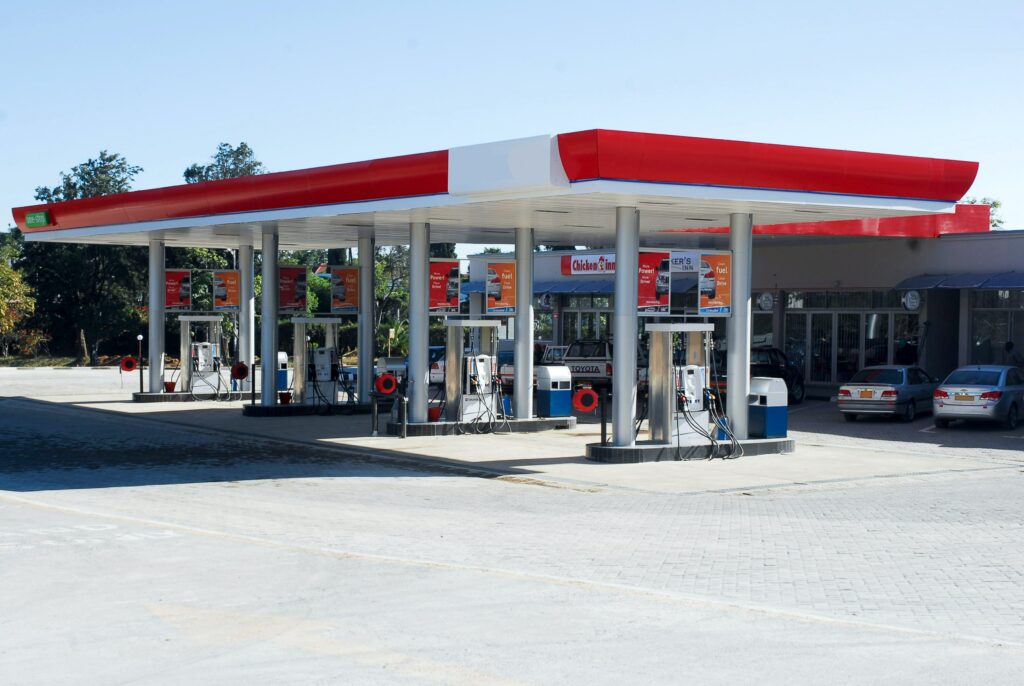The raising of energy prices to unaffordable levels wasn’t some surreptitious plot. It was a proud boast by virtually the entire political and chattering class, marred only by voices saying why aren’t you pushing them up further and faster. Here in Canada, as one of us noted in the National Post, it was a rare example of an intended consequence in public life. In the words of a Toronto Sun editorial, “Reducing fossil fuel energy consumption by making it increasingly unaffordable for Canadians lies at the foundation of the Trudeau government’s carbon pricing policies. This is exactly how it was always supposed to work, albeit not this quickly and dramatically.” But if we aren’t supposed to use our oil, why are we encouraging everyone else to? As Mining Weekly commented, “Record oil exports test Trudeau’s climate-change ambitions.” How confused are our leaders?
Mining Weekly added: “The Trudeau government’s plan to meet its climate targets relies on a 42% cut in emissions from the oil and gas sector over the next eight years. It leans heavily on technical improvements – such as carbon capture – while still allowing for barrels to be pumped, to the chagrin of environmentalists.” Although the real concern seems to be revenue capture.
Even the climate alarmist mainstream newspaper (but we repeat ourselves) the Globe & Mail, recently noted editorially that “Exports of all goods in March reached a new monthly record of $63.6-billion, Statistics Canada reported, surpassing the previous high of $58.7-billion, set in February. The surge is powered by oil. Energy now accounts for more than a quarter of Canada’s exports, a level last hit in 2014, when crude prices were also on a tear.”
The Globe even dared suggest that “demand in Canada remains high, as it does in the rest of the world, and the need to replace Russian oil is pushing it higher. And as long as there is so much demand for Canadian oil, notably from the U.S., there is no economic or environmental logic in trying to artificially restrict Canadian oil production. The only result would be less money flowing into Canada, and more going to every other country with oil reserves. The Trudeau government appears to get this – though it doesn’t much want to trumpet the fact.”
It wouldn’t, given its addiction to spending money, actual and borrowed, which means it can’t afford not to “get” it. And neither can its citizens. But the Globe may be giving Trudeau too much credit.
We want to price oil out of reach, but meanwhile we’re happy to sell as much as the world cares to buy. And we’re happy to help our Ukrainian friends by sending it to them, although we’d rather they didn’t use any. While visiting Kyiv, the Ottawa Citizen noted, “Canada wants to be a good energy partner to Europe but will not abandon its climate goals and planned transition to cleaner fuels, Canadian Prime Minister Justin Trudeau said late on Sunday.” Meaning what? If that question does not presume too much.
This is not the only mixed signal. It’s hard to know what to do, other than guffaw, at Blacklock’s Reporter revealing that “The Canada Pension Plan Investment Board says it is determined to ‘slow the pace of global warming’ but did not explain its million-dollar investment in an Indonesian coal mine.” Or at federal NDP leader Jagmeet Singh, who recently made a deal to prop up the governing Liberals for another three years and whose party absolutely wants gasoline priced out of reach if not abolished entirely (even as its Ontario provincial branch calls for it to be made cheaper by regulatory fiat) tweeting
“It is disgraceful the way Big Oil is gouging Canadians at the pumps. Gas prices are up and Big Oil CEOs are bragging about record profits. Liberals and Conservatives have rigged the system. When you pay more – their well-connected friends make more.”
In its editorial the Globe tried to square the circle with “If and when the rest of the world starts aggressively pursuing policies to lower demand for oil, then prices for and production of Canadian oil will inevitably fall. Until then, Canada should have no qualms about allowing our industry to prosper and grow, with one major condition: That it heavily curtail its own emissions.” How? You can get sugar-free soda. But you can’t get carbon-free oil.
Entrepreneur Michael Binnon wrote, also in the Toronto Sun, that the Trudeau administration is finally seeing the light, and replacing mindless opposition to all forms of energy with a boundless faith in carbon capture. “In March, ministers Wilkinson and Guilbeault embraced carbon tech as an essential part of the fight against climate change. Canadian carbon tech innovation captures and recycles carbon emissions, lowering our country’s carbon footprint while creating useful products or disposing of it safely.” Well, in theory it does. But it better work and work fast because the attempt to “heavily curtail” emissions is finally starting to bite, and hard.
As intended but, somehow, not as anticipated. Just as, we have to point out, federal NDP leader Jagmeet Singh on April 26 put out a press release (not available online) saying “NDP Leader Jagmeet Singh will discuss the Liberal’s failure to address the climate crisis or support energy workers after the NDP national caucus meeting” when he is the one keeping them in power. And the activists continue to boast of their determination to shut down nuclear power, the one realistic alternative to fossil fuels. The air of unreality around Canadian public affairs shows little sign of dissipating. Instead emissions seem to be increasing.



Net Zero is capitulation to China